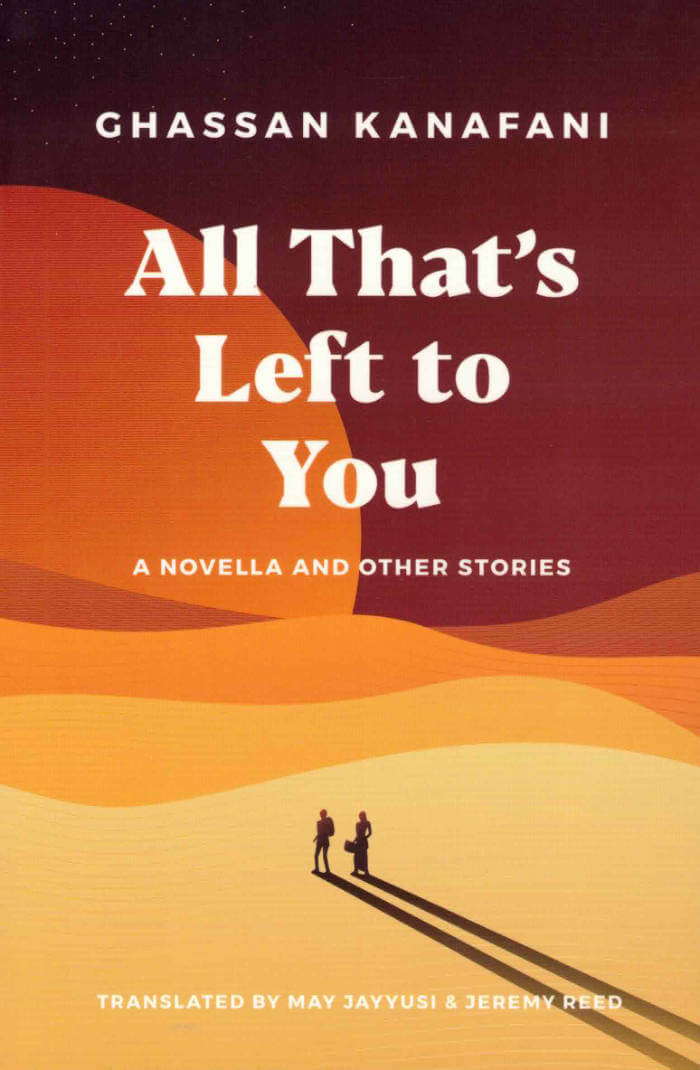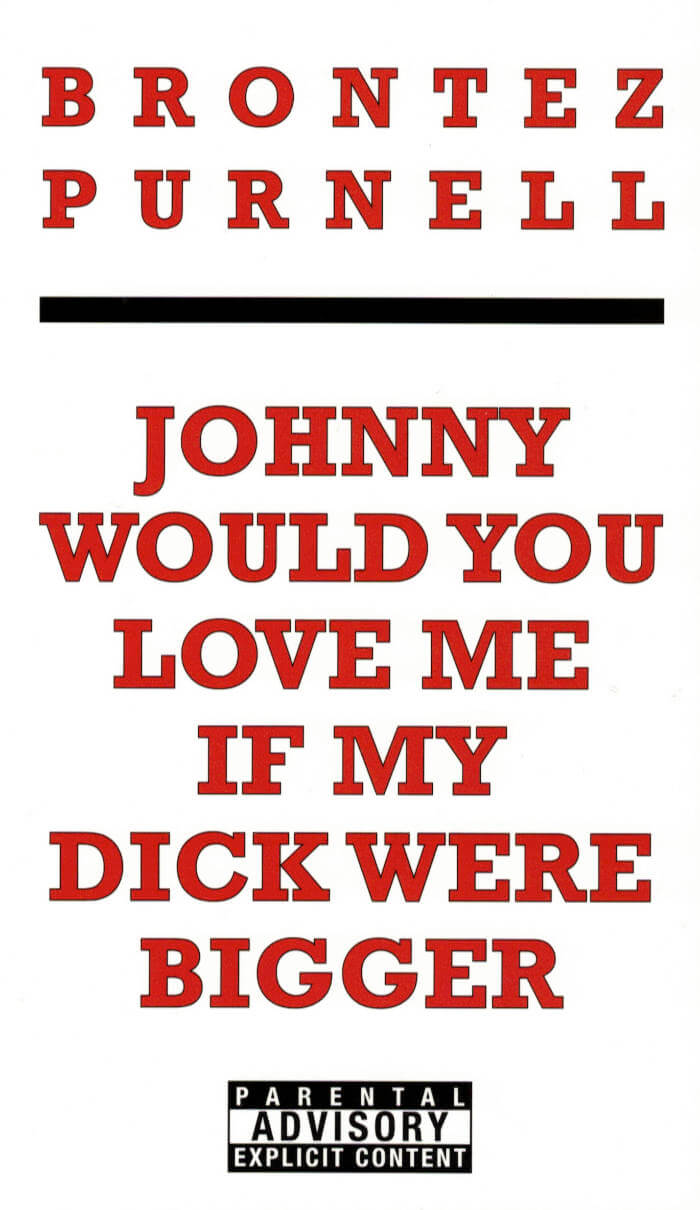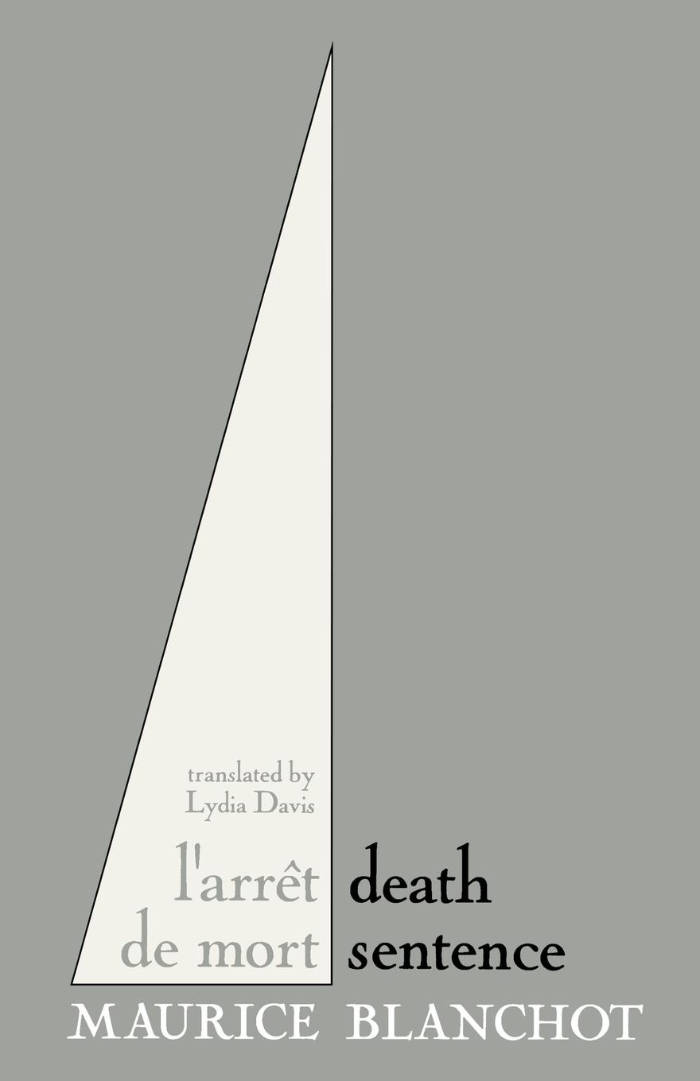
All That's Left to You
"All That's Left to You presents the vivid story of twenty-four hours in the real and remembered lives of a brother and sister living in Gaza and separated from their family. The desert and time emerge as characters as Kanafani speaks through the desert, the brother, and the sister to build the powerful rhythm of the narrative. The Palestinian attachment to land and family, and the sorrow over their loss, are symbolized by the young man's unremitting anger and shame over his sister's sexual disgrace. This collection of stories provides evidence to the English-reading public of Kanafani's position within modern Arabic literature. Not only was he committed to portraying the miseries and aspirations of his people, the Palestinians, in whose cause he died, but he was also an innovator within the extensive world of Arabic fiction.
Ghassan Kanafani was a refugee, a journalist, an editor, and a political activist. First and foremost, though, he was a writer, "a commando who never fired a gun, whose weapon was a ball-point pen," said his obituary in Lebanon's Daily Star. He was born in 1936 in Akka (Acre) and was part of the 1948 exodus from Palestine. A politically active journalist in Beirut during the 1960s, Kanafani was killed in the explosion of his booby-trapped car in July 1972. He is the author of the highly acclaimed novel Men in the Sun and is considered a leading novelist in the Arab world. His works have been translated into 17 languages and published in 20 countries.
Language: English






